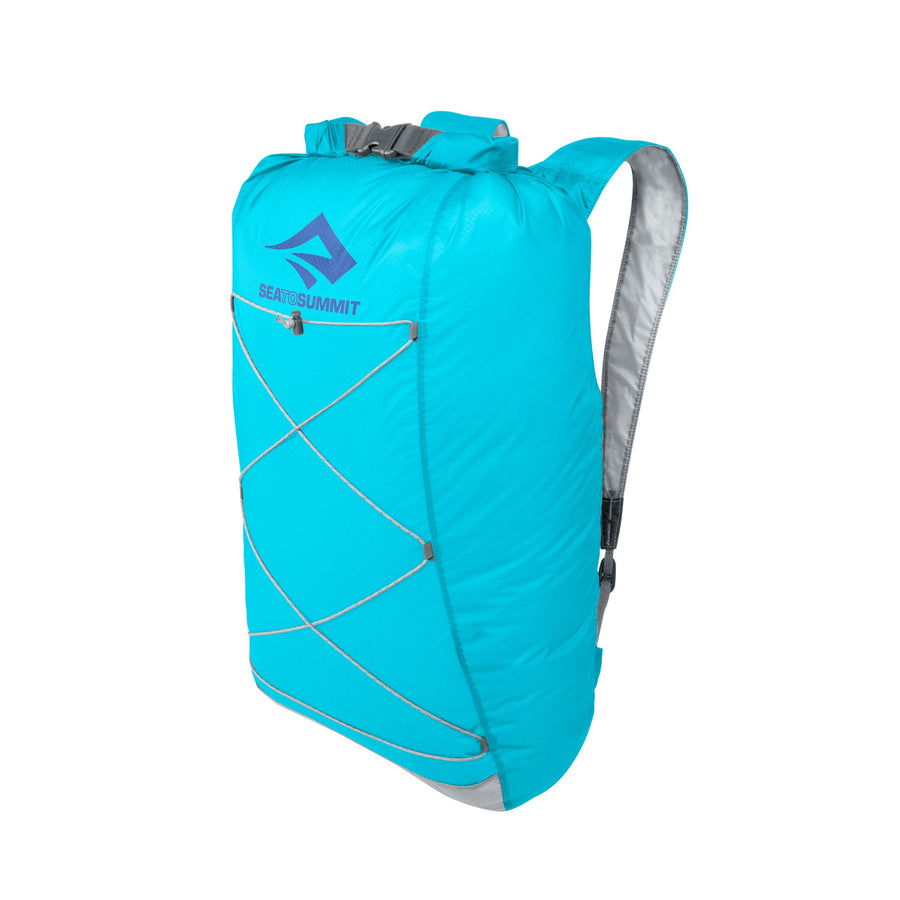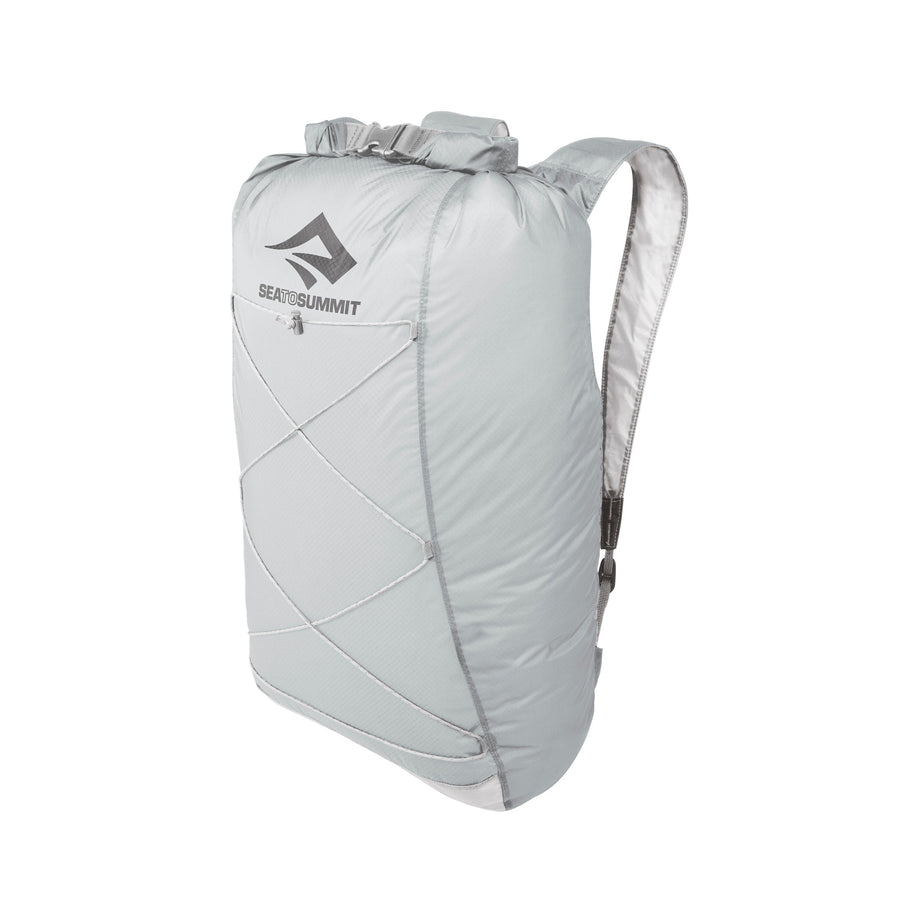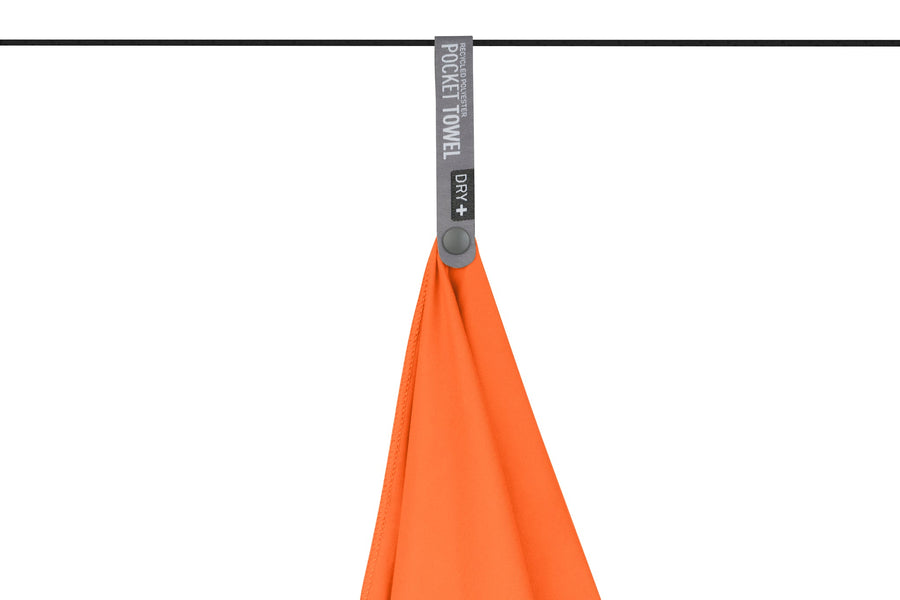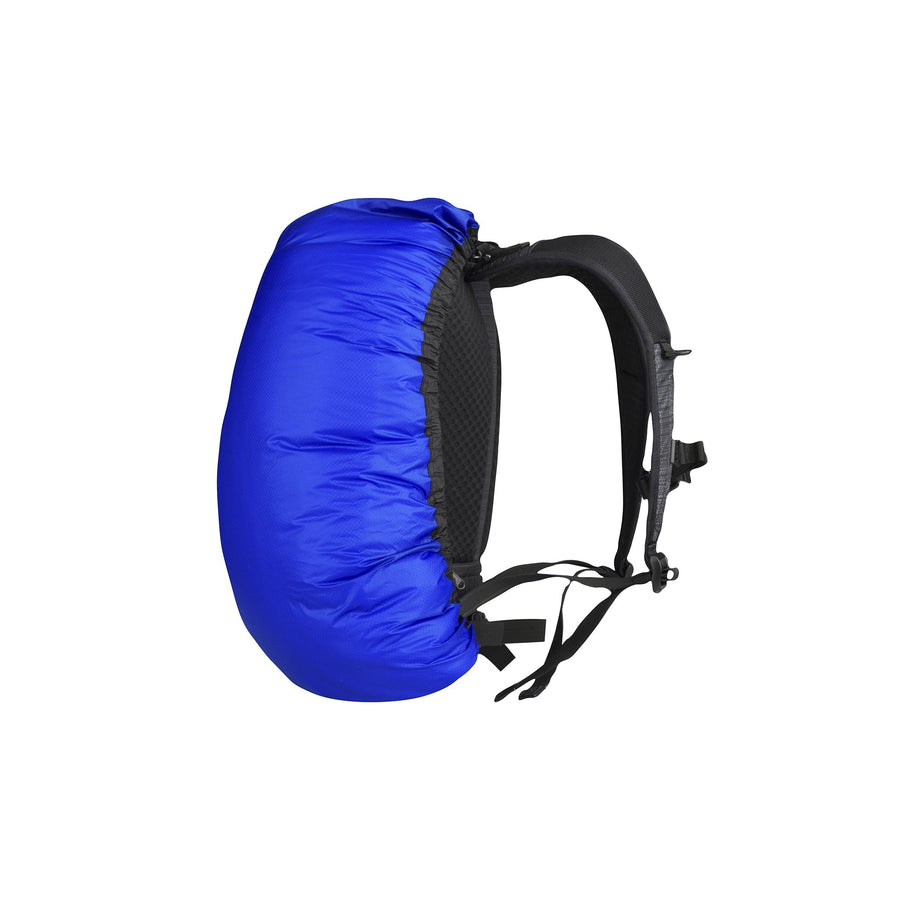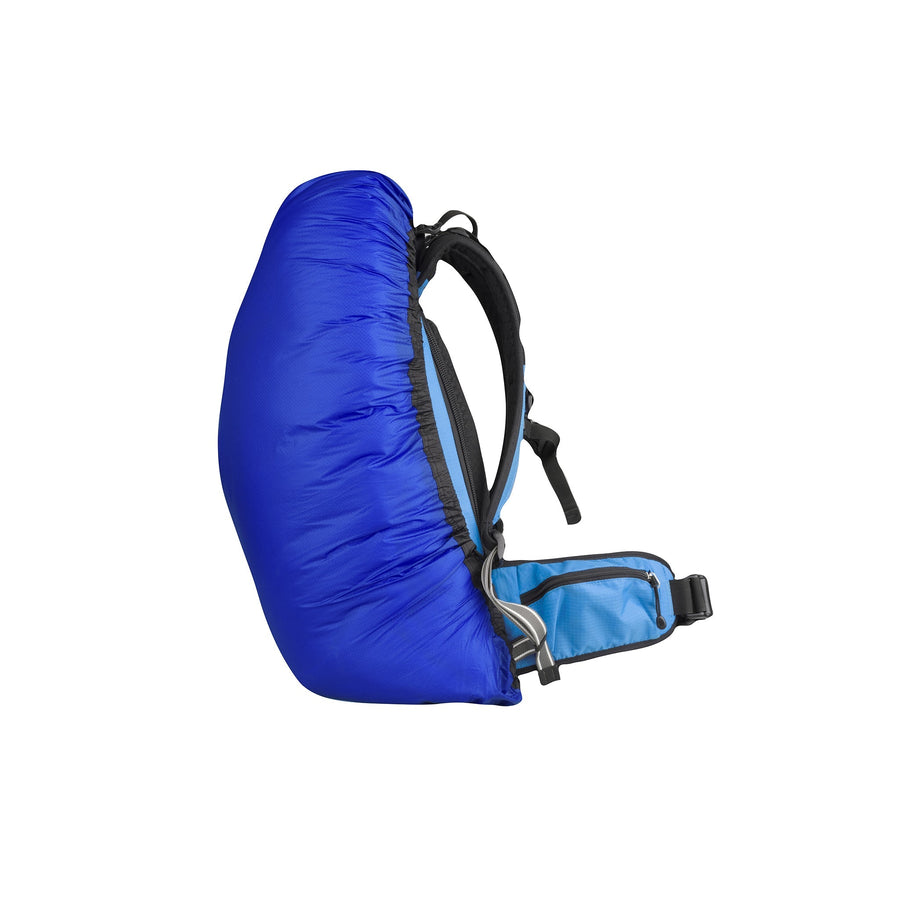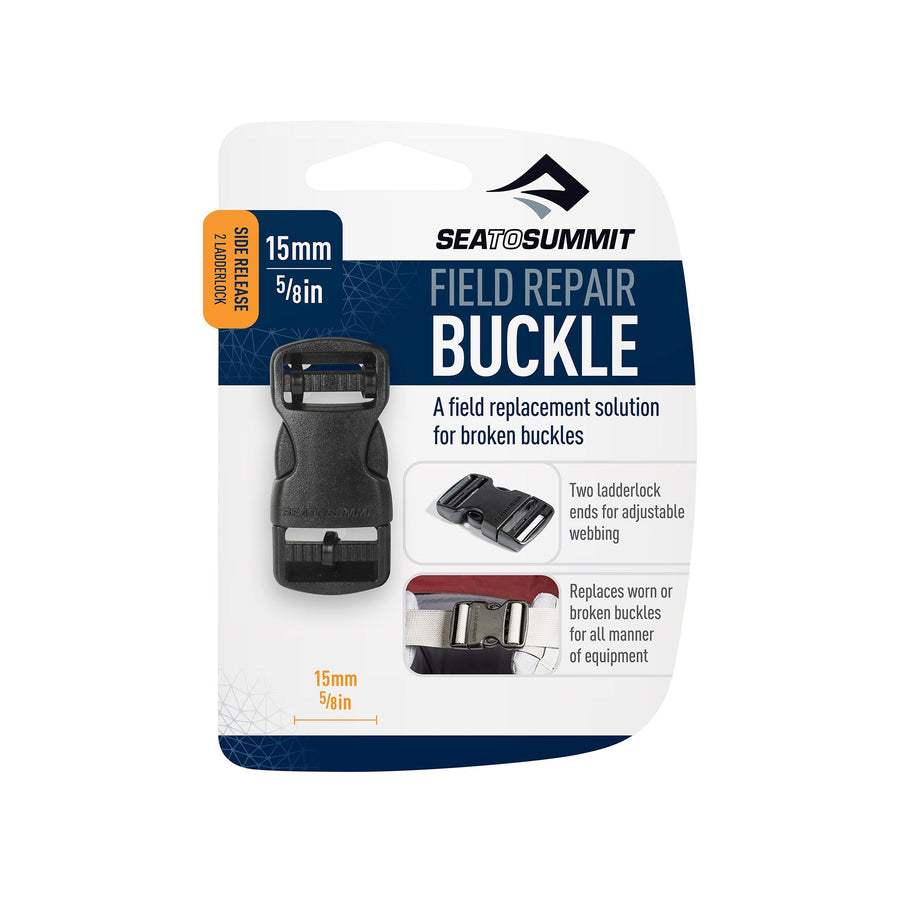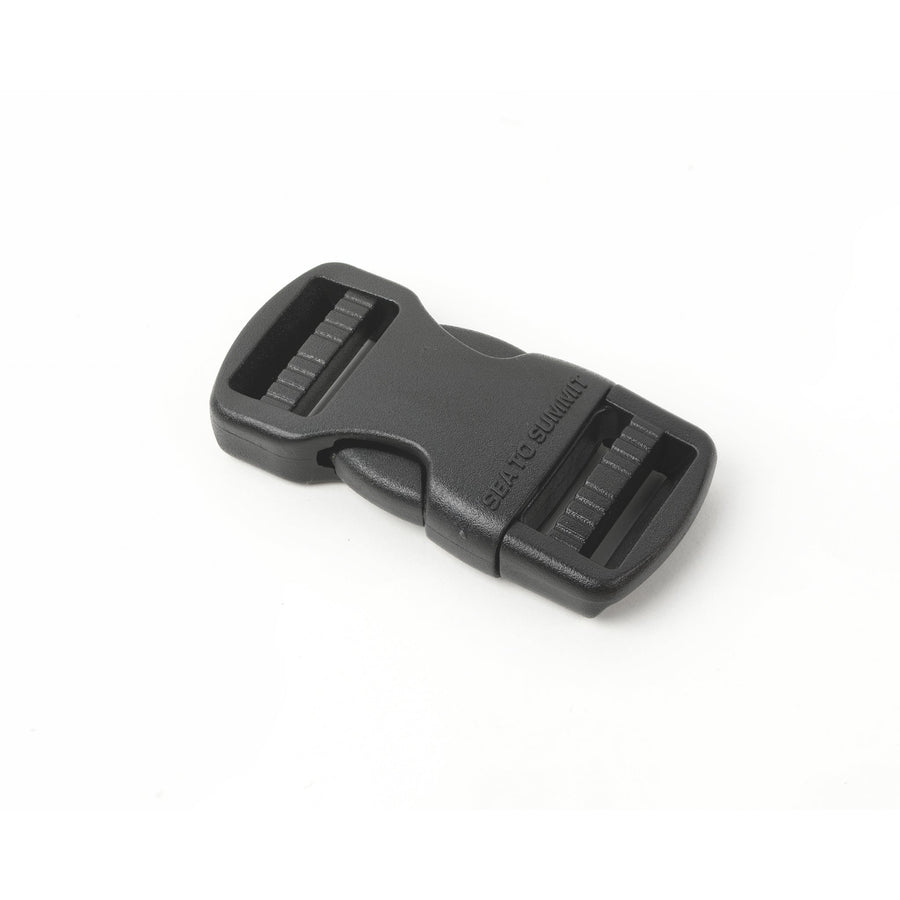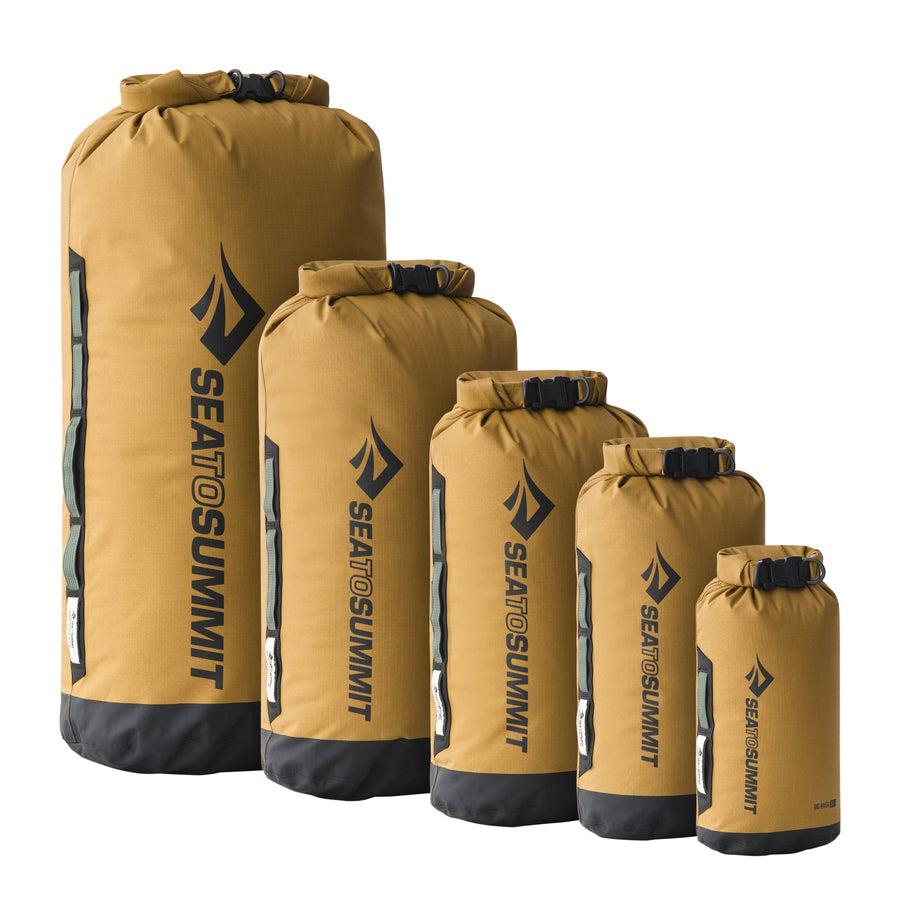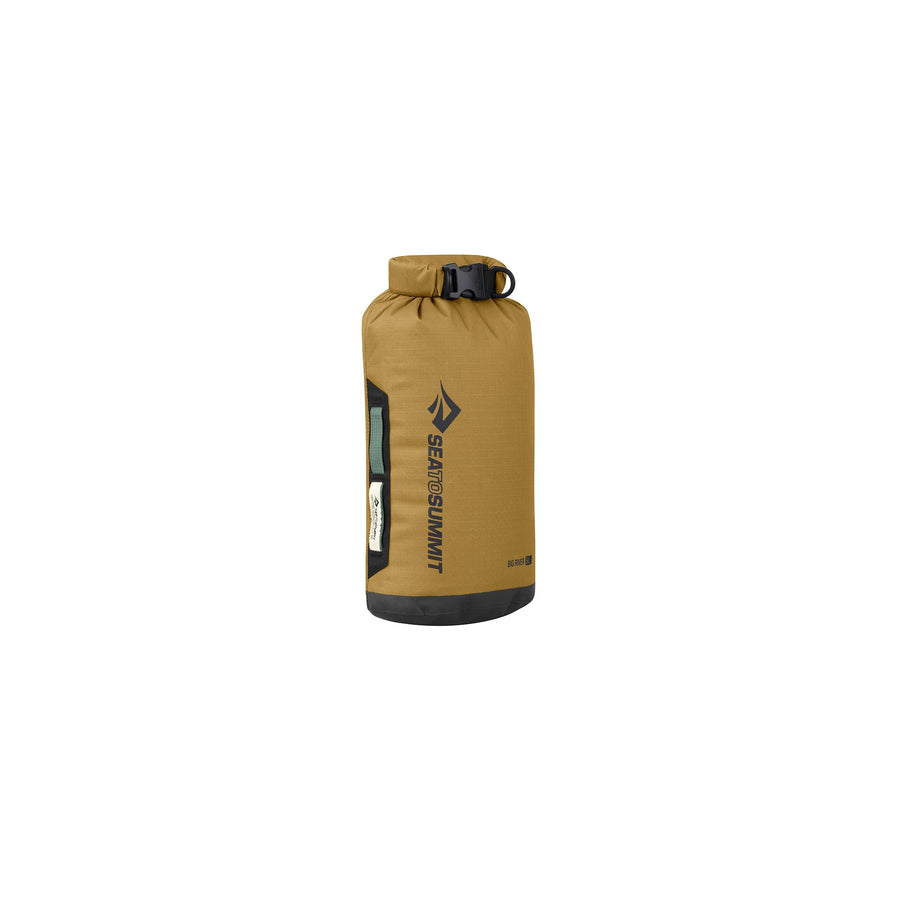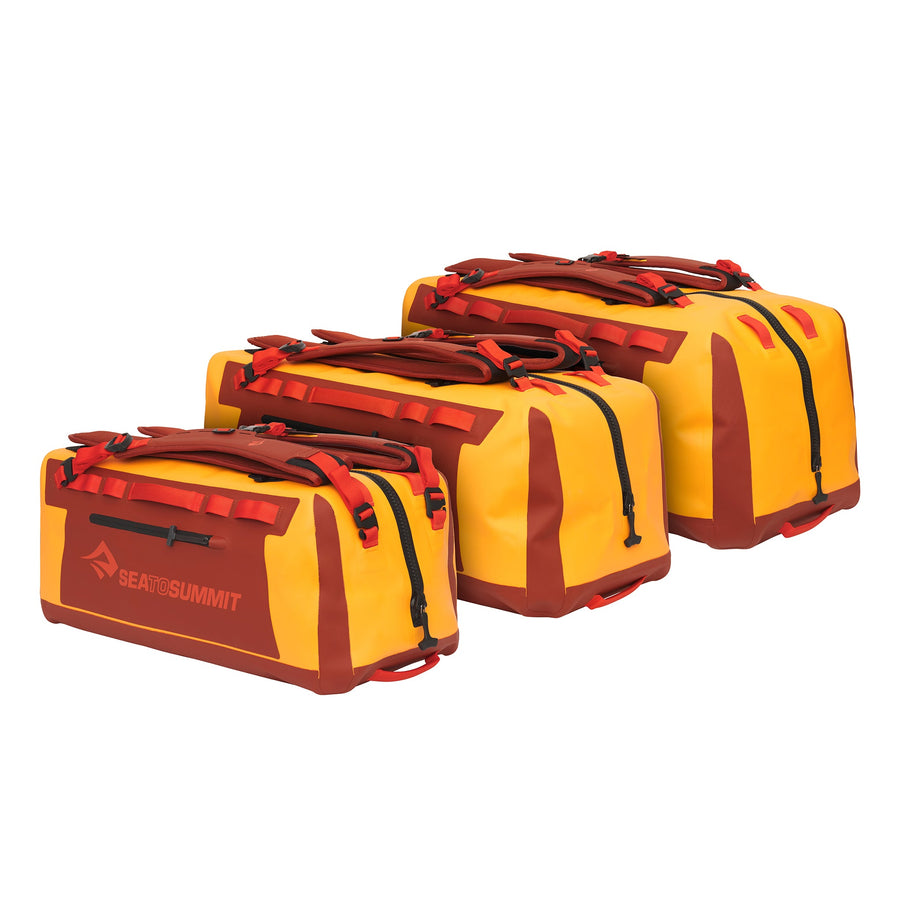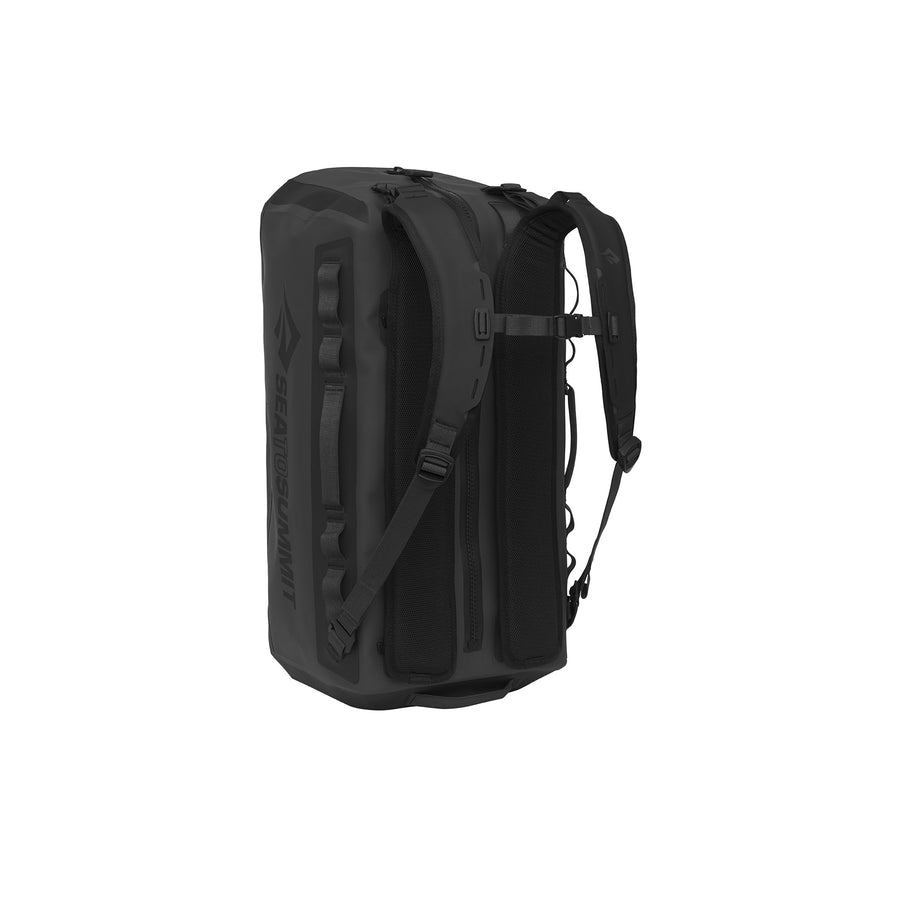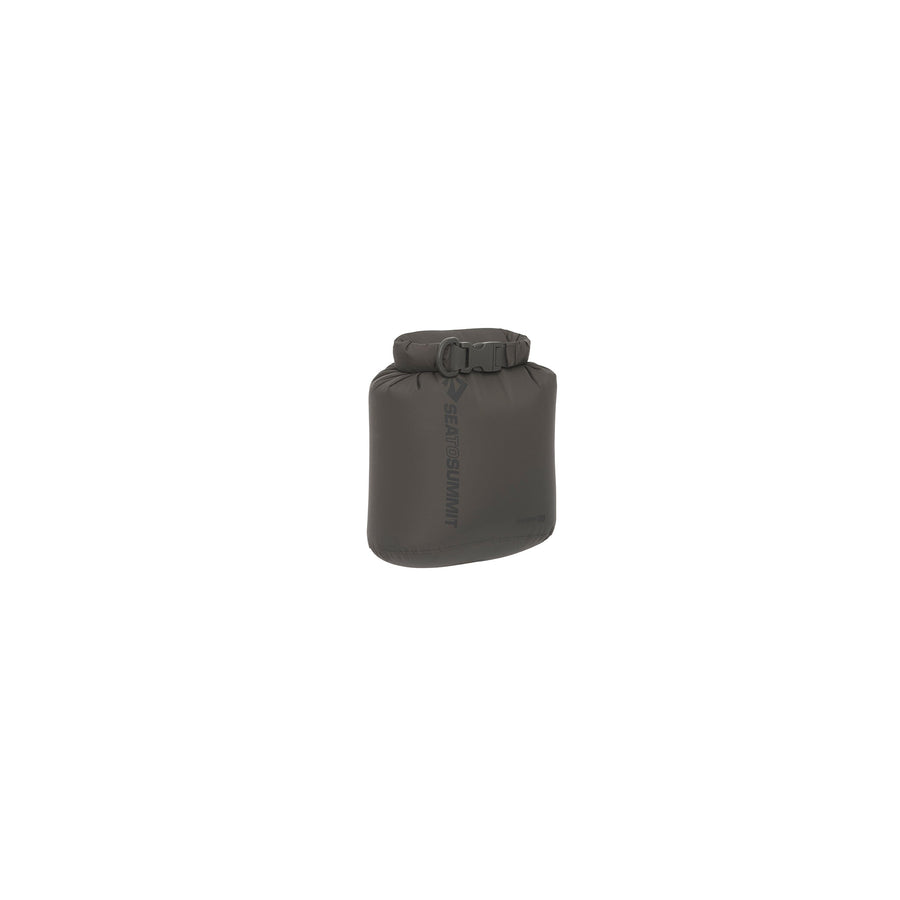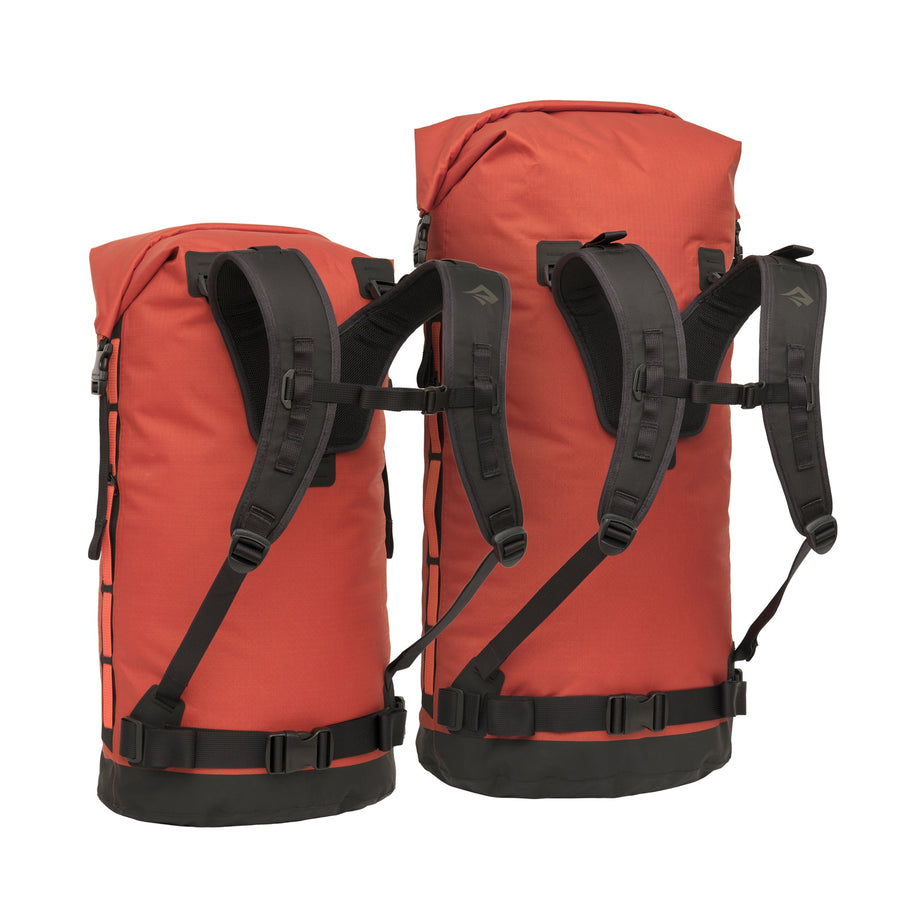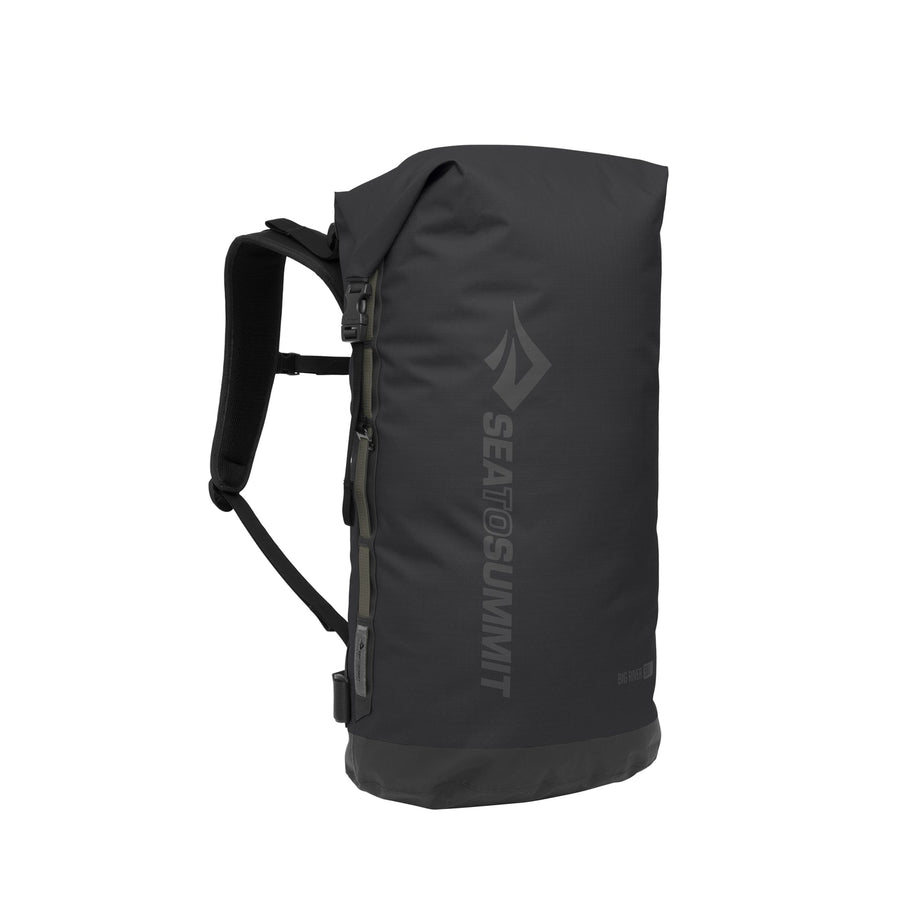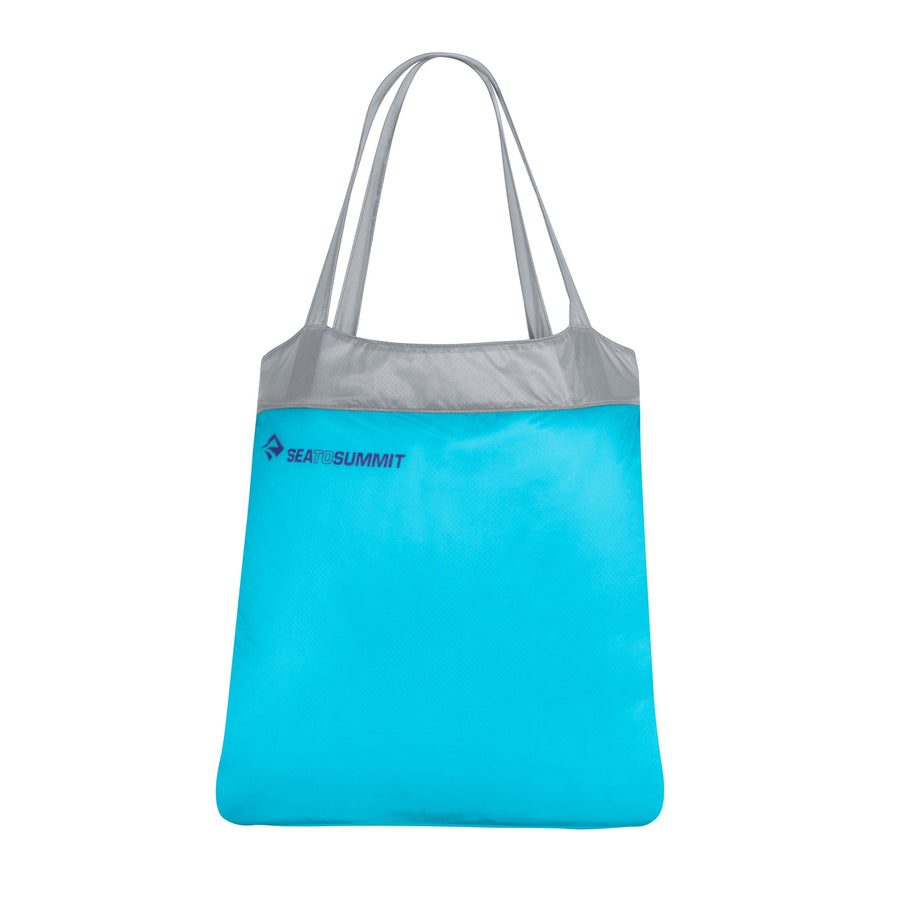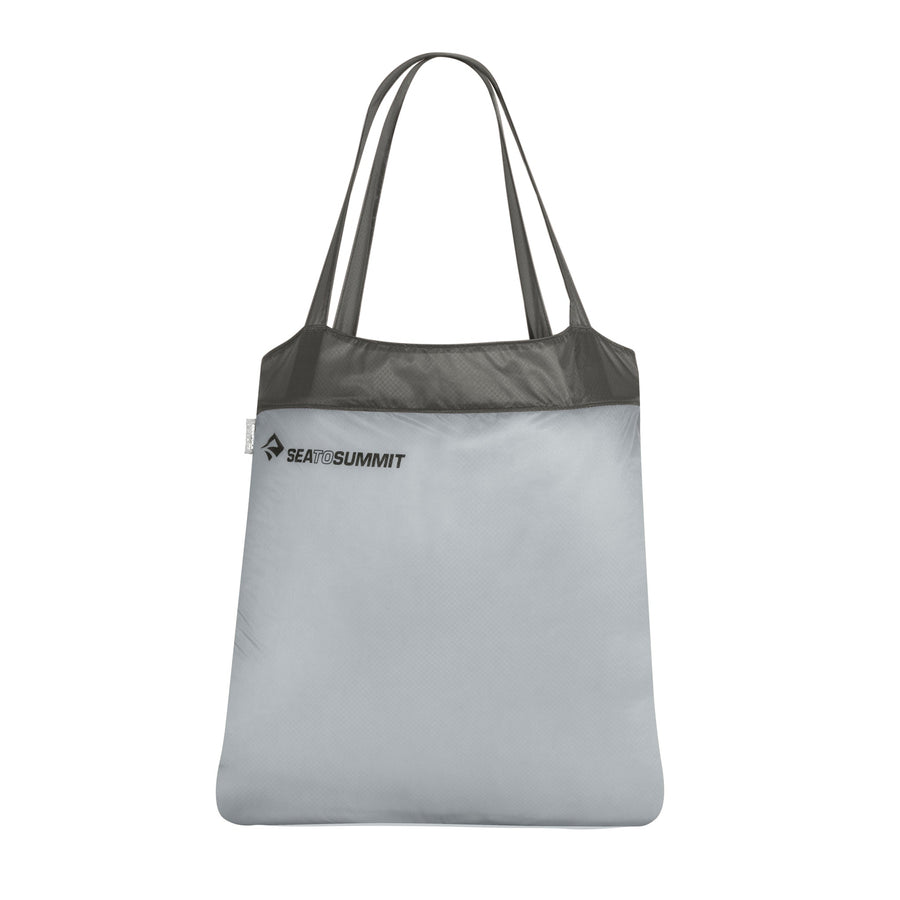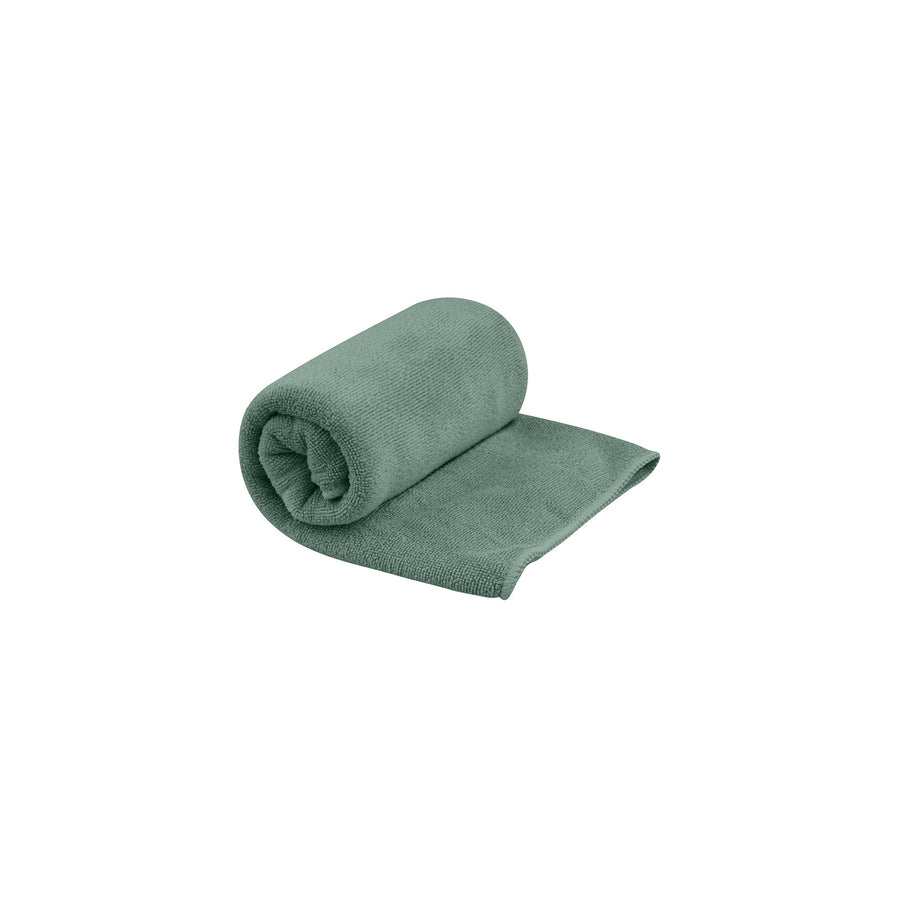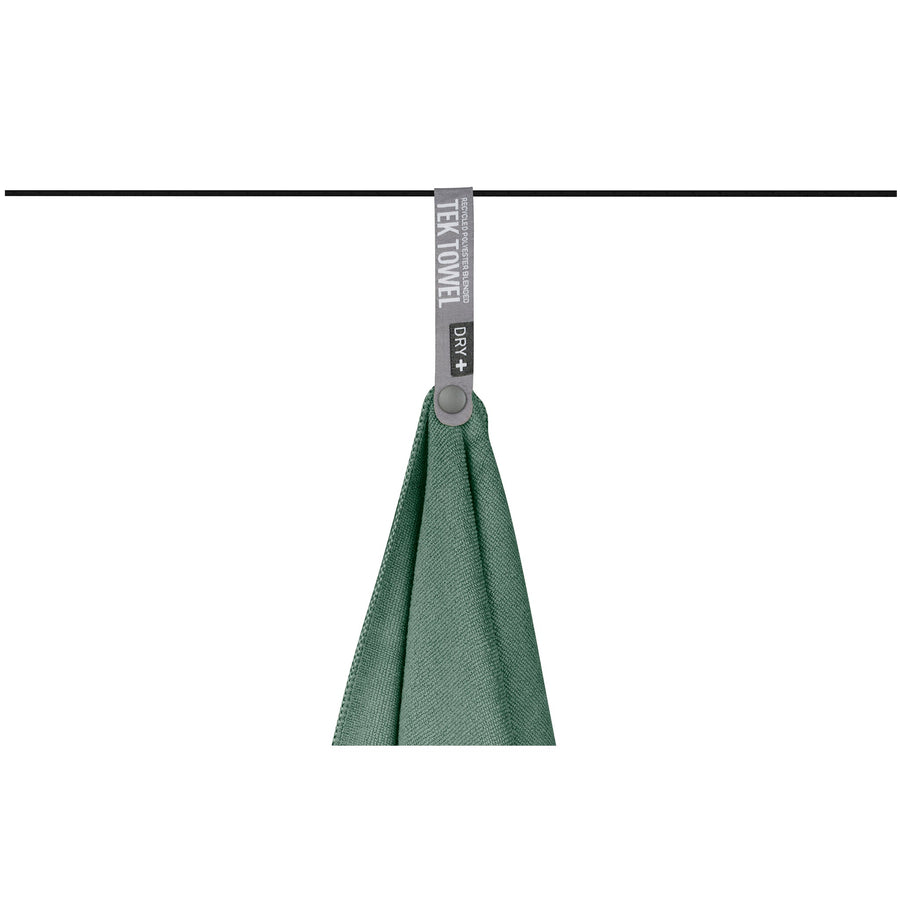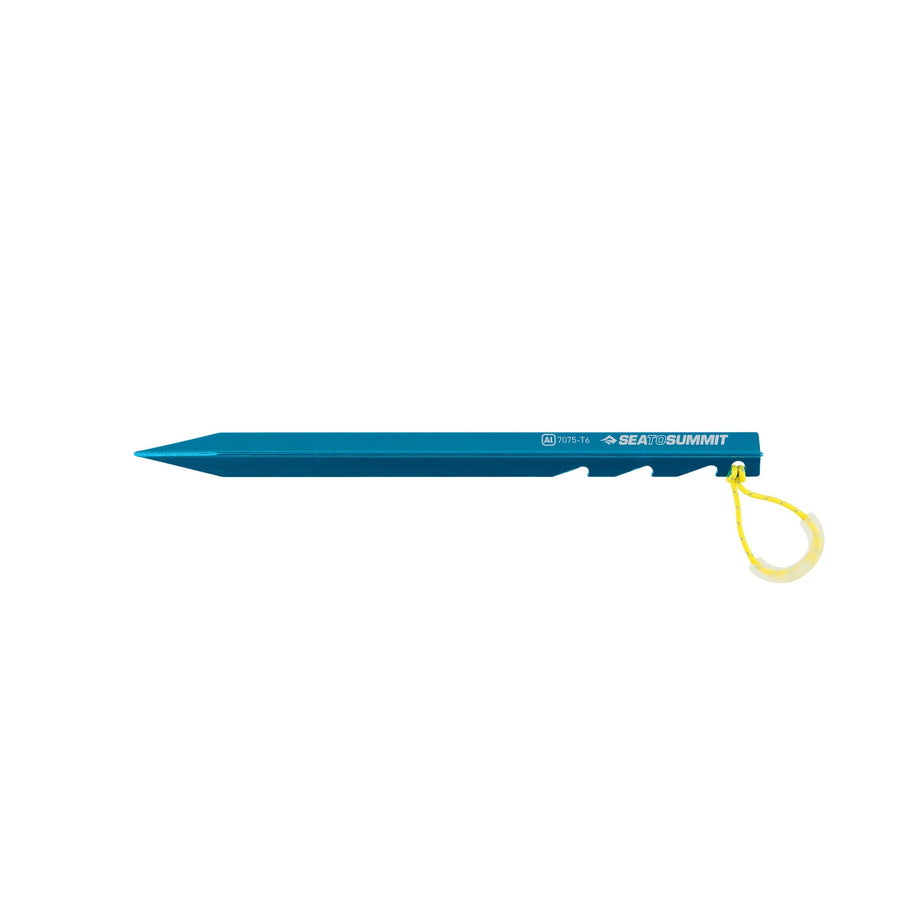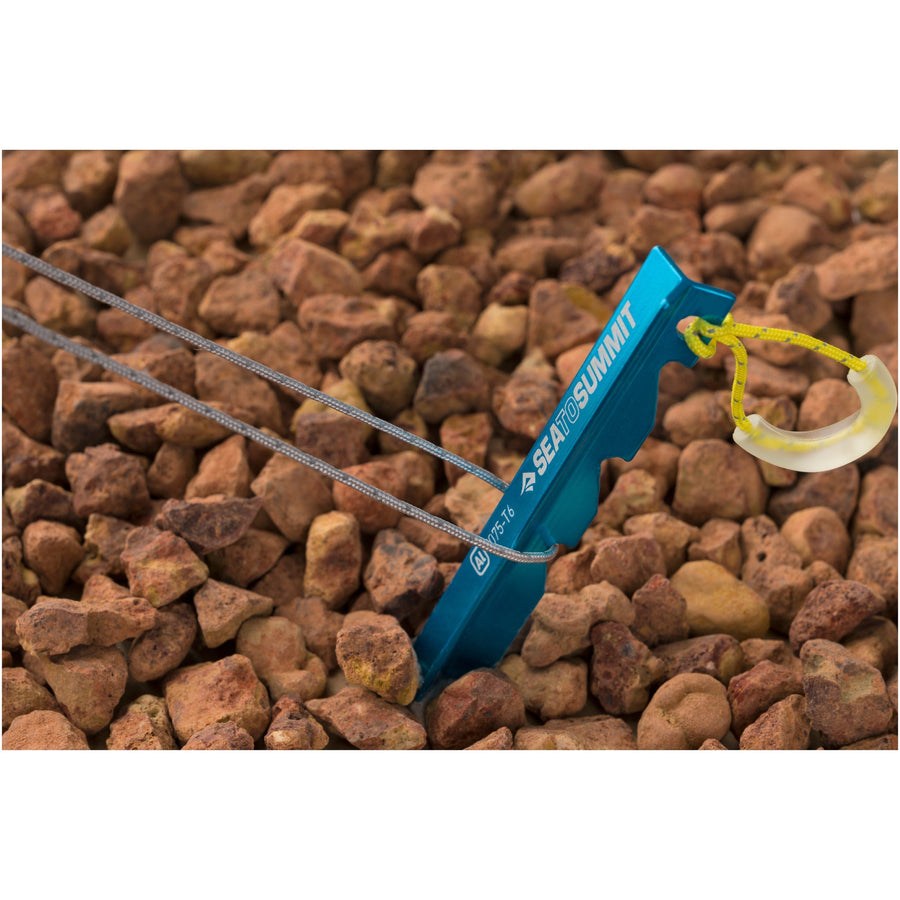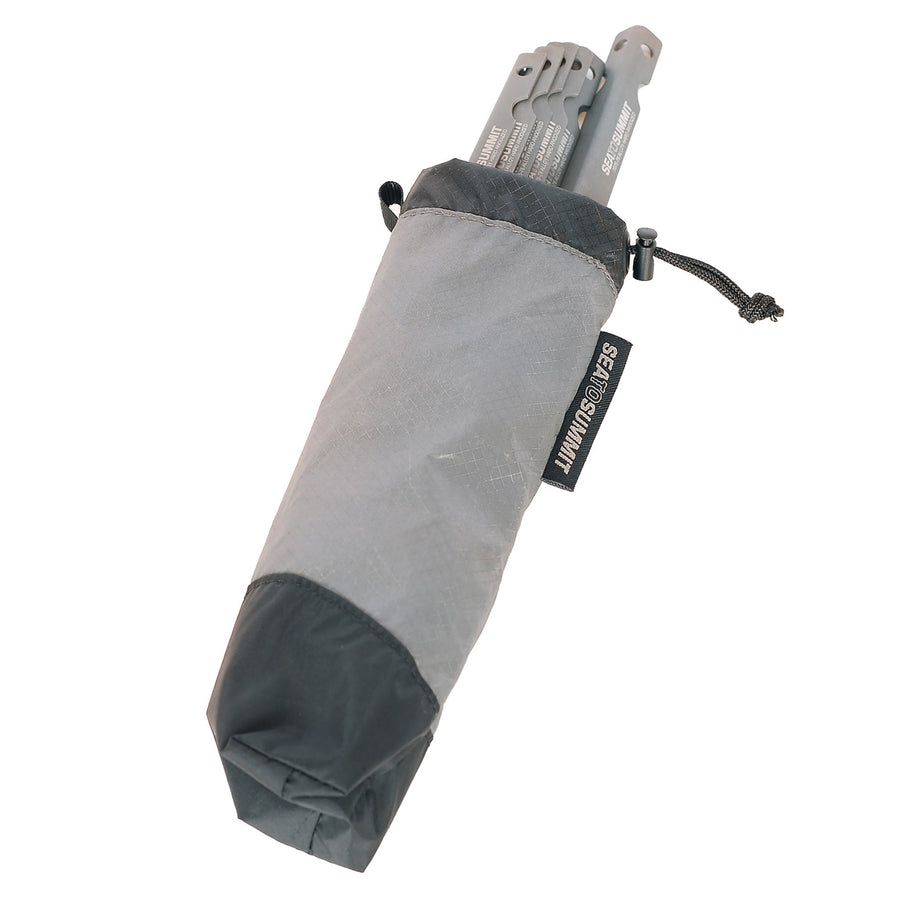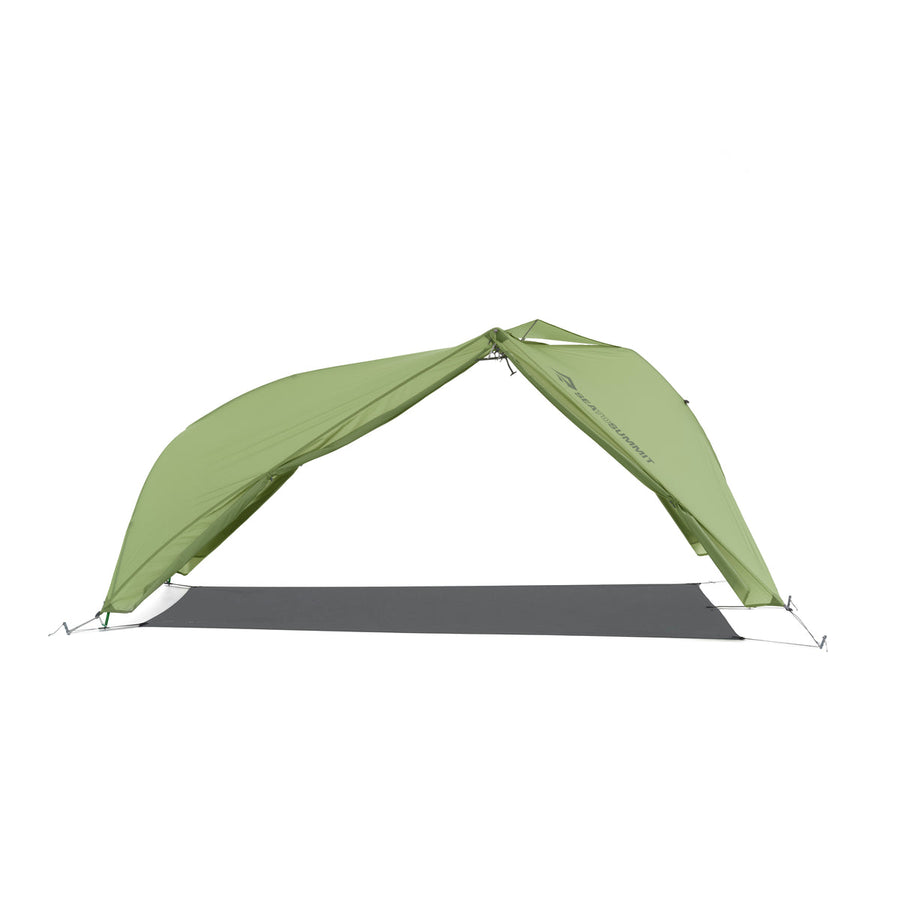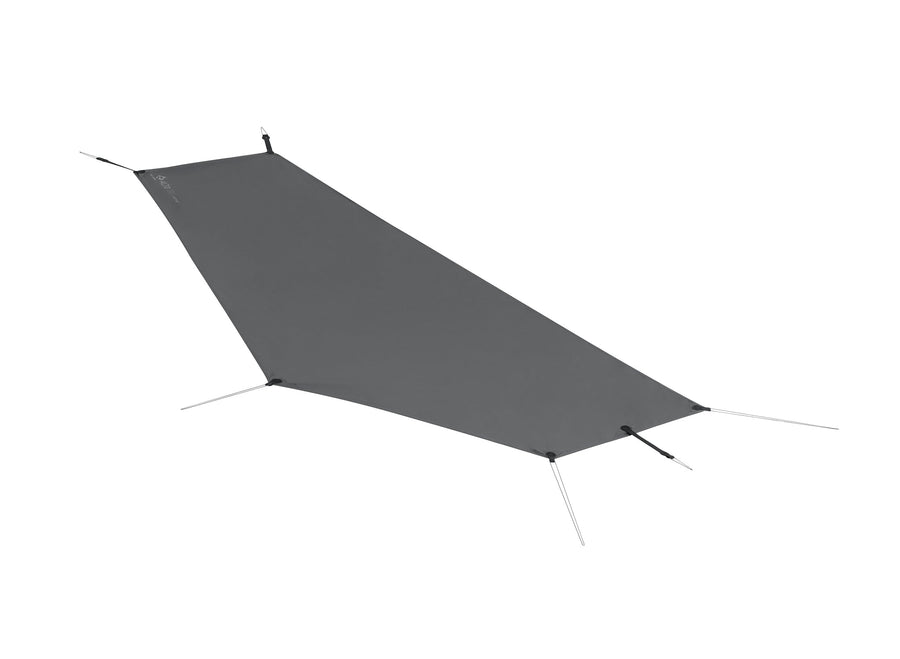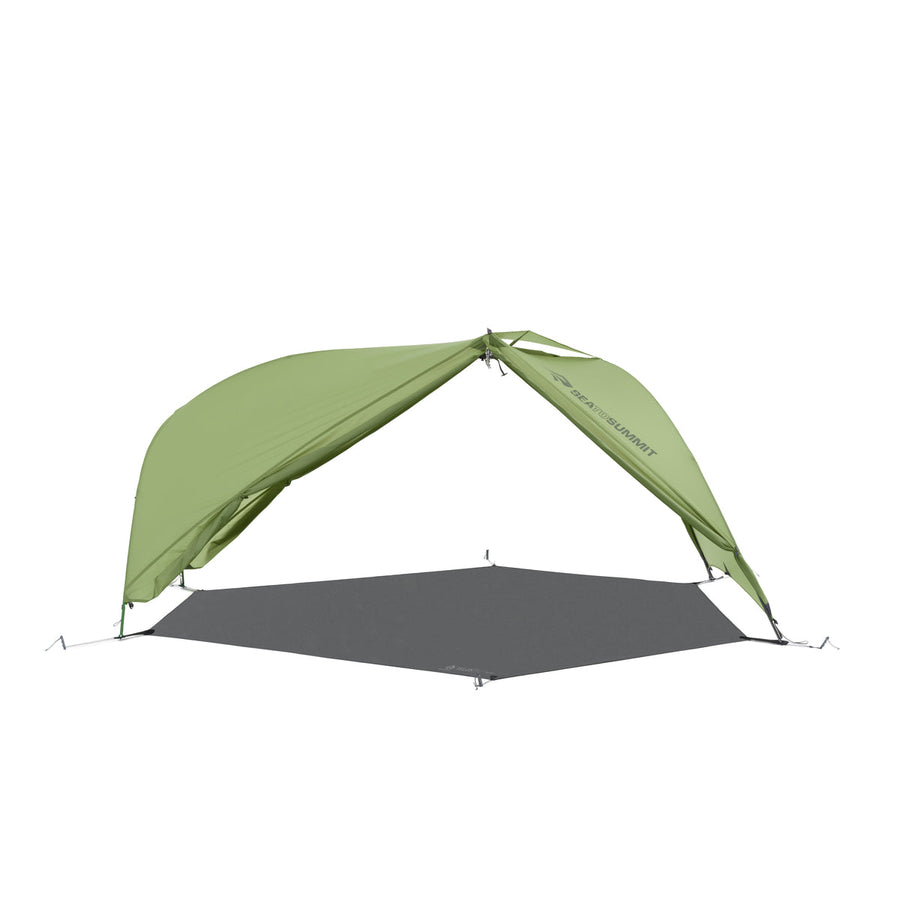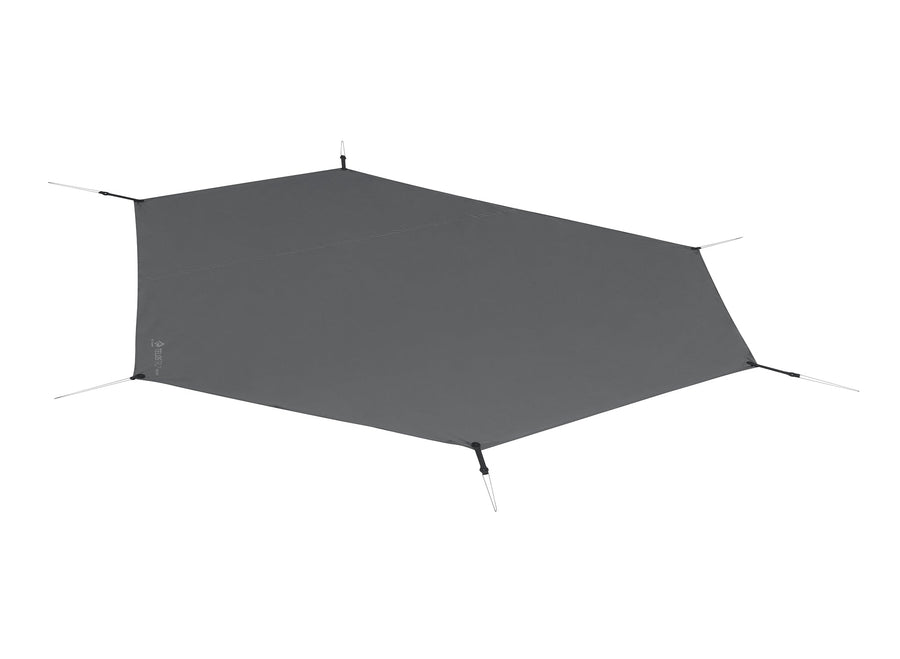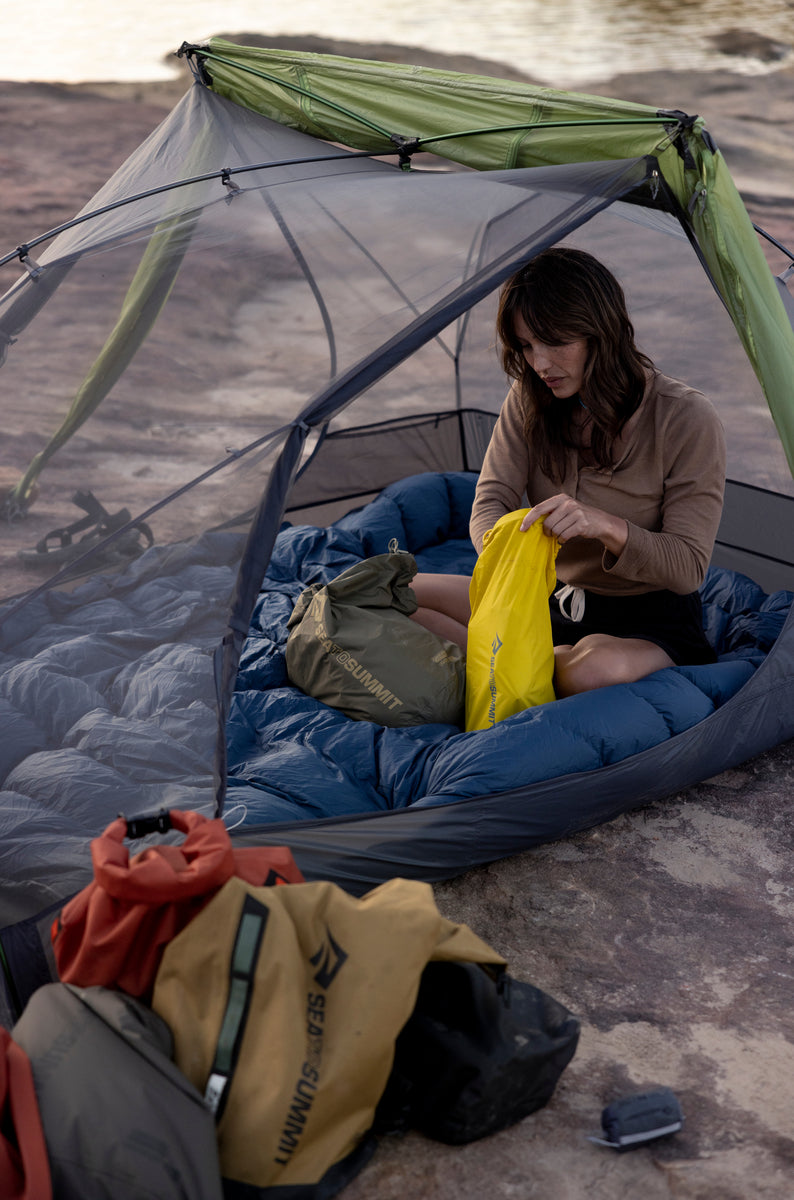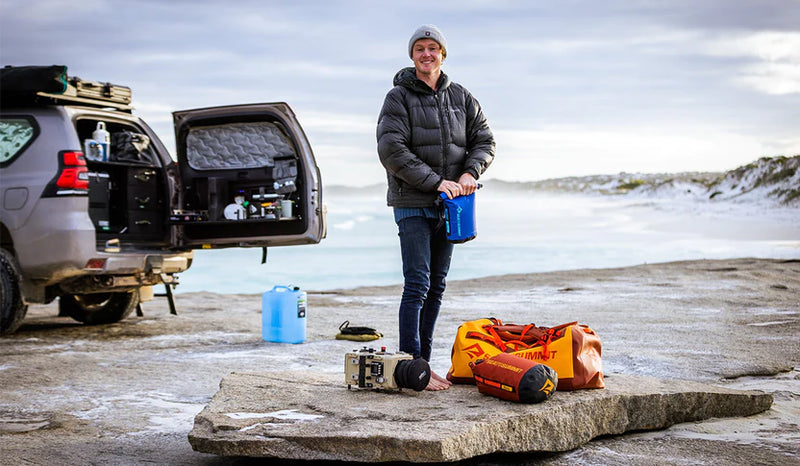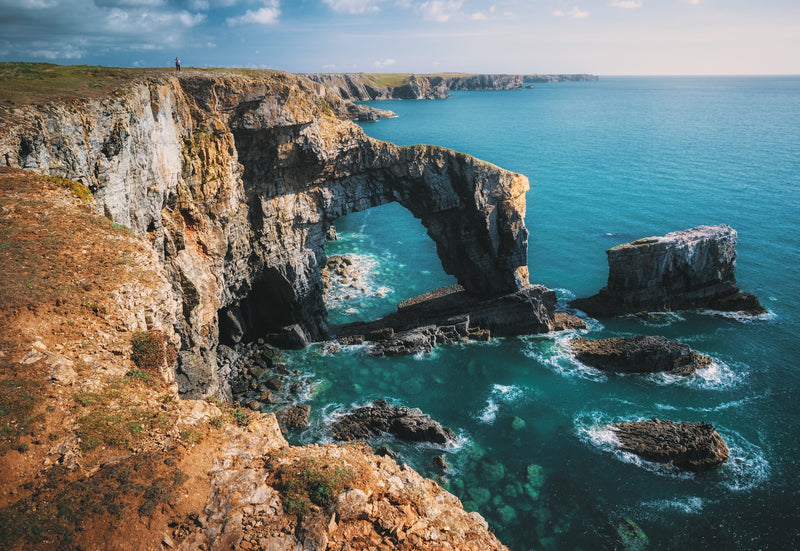British Bothy Guide
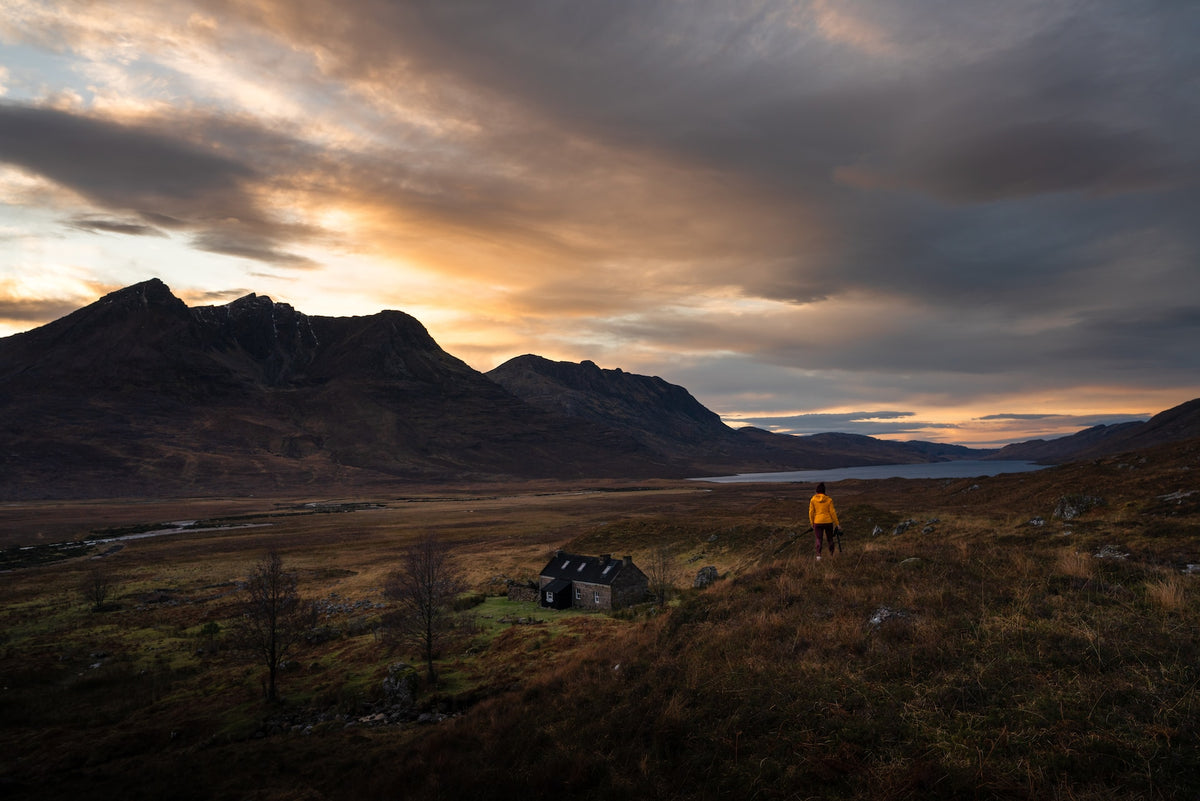
In the most remote parts of the country a Bothy is both a saviour to lost adventurers seeking a place to stay for the night and a cost efficient way to explore.
If you've never stayed in a bothy before this blog is for you - we take you through the history of bothies, how to access them and the code of conduct when using a bothy.
What is a Bothy?
Bothies are basic shelters found in remote locations which are open for travellers to stay in. There is no reception or staff members to check you in and facilities (if they have any at all) are basic.
Think of them more as a brick tent and you will get an idea of what to expect from a bothy. So if you are looking to get away from it all and have a unique experience, then a bothy trip is the perfect adventure.
Bothy Facilities
Bothies can vary massively - some are just a shell of a building providing shelter from the elements, whilst most have at least some wooden platforms for sleeping, a table for cooking and eating and a stove to keep warm.
Very few bothies offer more than these basics - that includes toilet facilities - whilst some have a composting toilet most take a more natural approach...
The Mountain Bothy Association website is a great resource - this lists all bothies and has details of their facilities.
Size also differs greatly - with some only having room for 2 or three people while some can fit dozens. Either way you will likely be sharing with strangers, so be prepared to make some new friends!

What is the history of Bothies?
The word Bothy is derived from the Gaelic word 'Bothan' which means a cottage belong to farm labourers or estate workers. This is where the origins of bothies began - with disused farm buildings being repurposed as shelter for walkers.
Bothies are old buildings which the estate owners have allowed to be used for travellers. Unlike a lot of their European purpose built counterparts.
To be classed as a bothy it needs to provide basic shelter, to be left unlocked, to be open to anyone and be free to use.
Where can I find a Bothy in the UK?
A common misconception is that Bothies are only found in Scotland. Whilst most of the UK's bothies are North of the boarder - there are some in Northern England and across Wales.
There are 104 bothies in total - with 83 in Scotland, 12 in England and 9 in Wales. You can find an interactive map on the Mountain Bothy Association Website.

Leacach Bothy in the Highlands
What do I need to pack for a Bothy Stay?
As you can't book and space is limited you should always pack as if you were camping. Their remote locations mean you may not get there before darkness falls - so you always need to prepare to camp - just in case there is no room or you don't make it to the bothy.
So what should you pack for your bothy stay?
Here is a minimum list for what to take - remember Bothies are usually in remote locations so you will need to carry everything in (and out)
- Sleeping Mat
- Sleeping Bag
- Sleeping Liner
- Toilet Roll
- Trowel
- Matches and fuel for fire
- Stove
- Water/ Water treatment kit
- Food
What to do and what not to do when staying in a bothy
The whole ethos of the bothy experience is providing a shared space for the better of the community. To provide refuge when needed and allow people to get closer to nature.
So bothies need to be respected and some rules followed.
The Mountain Bothy Association have outlined the Bothy Code:
Respect Other Users
Please leave the bothy clean and tidy with dry kindling for the next visitors. Make other visitors welcome and be considerate to other users.
Respect the Bothy
Tell us about any accidental damage. Don’t leave graffiti or vandalise the bothy. Please take out all rubbish which you can’t burn. Avoid burying rubbish; this pollutes the environment. Please don’t leave perishable food as this attracts vermin. Guard against fire risk and ensure the fire is out before you leave. Make sure the doors and windows are properly closed when you leave.
Respect the Surroundings
If there is no toilet at the bothy please bury human waste out of sight. Use the spade provided, keep well away from the water supply and never use the vicinity of the bothy as a toilet.
Never cut live wood or damage estate property. Use fuel sparingly.
Respect Agreement with the Estate
Please observe any restrictions on use of the bothy, for example during stag stalking or at lambing time. Please remember bothies are available for short stays only. The owner’s permission must be obtained if you intend an extended stay.
Respect the Restriction On Numbers
Because of over crowding and lack of facilities, large groups (6 or more) should not use a bothy.
Bothies are not available for commercial groups.

Hopefully this has inspired you to go on an adventure and stay in a bothy, if you do we would love to see your pictures! Tag us on Instagram!
